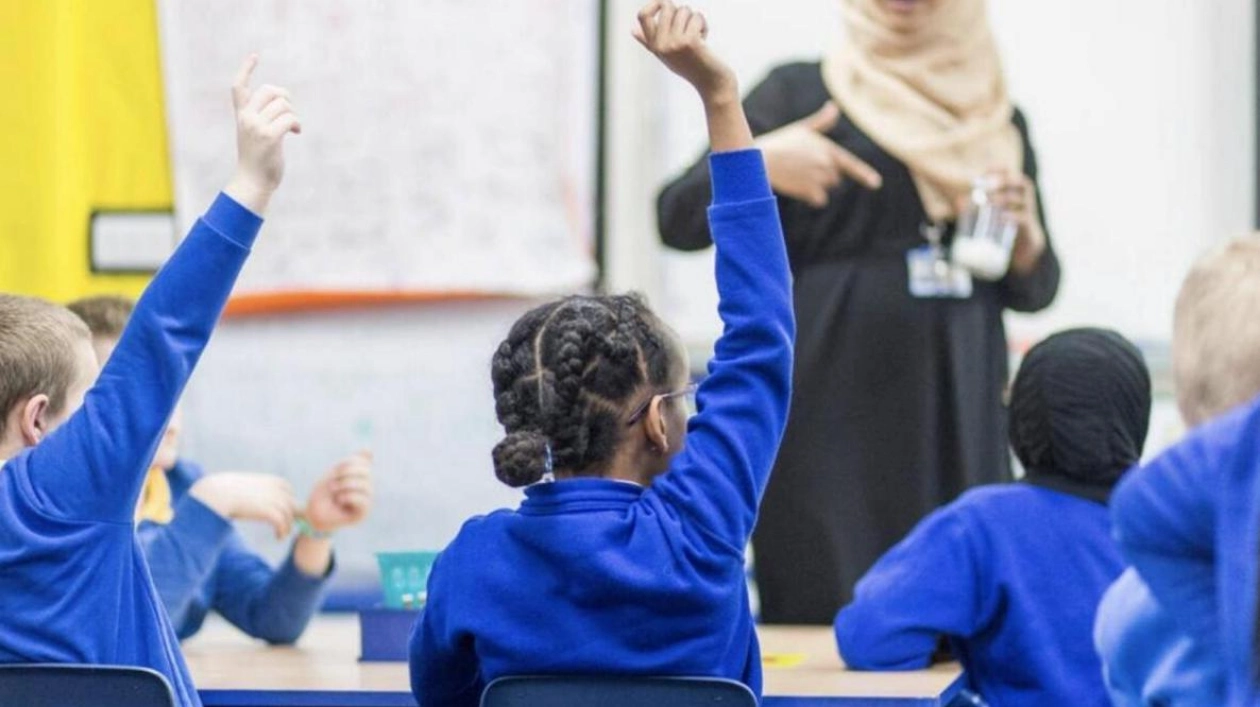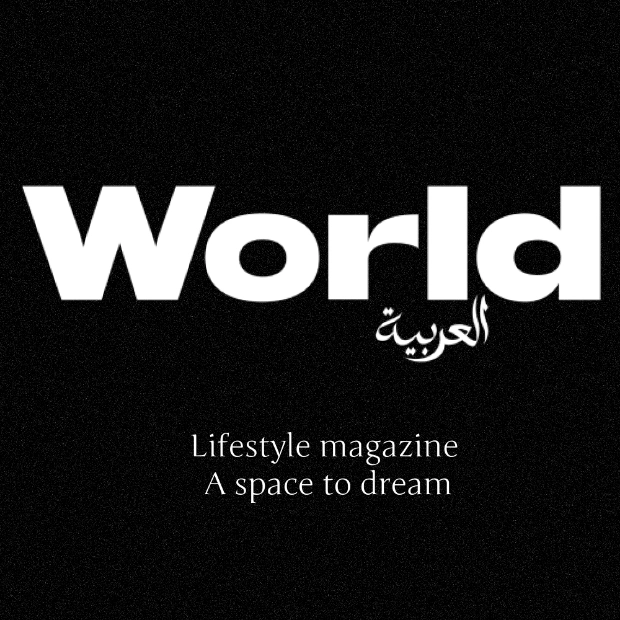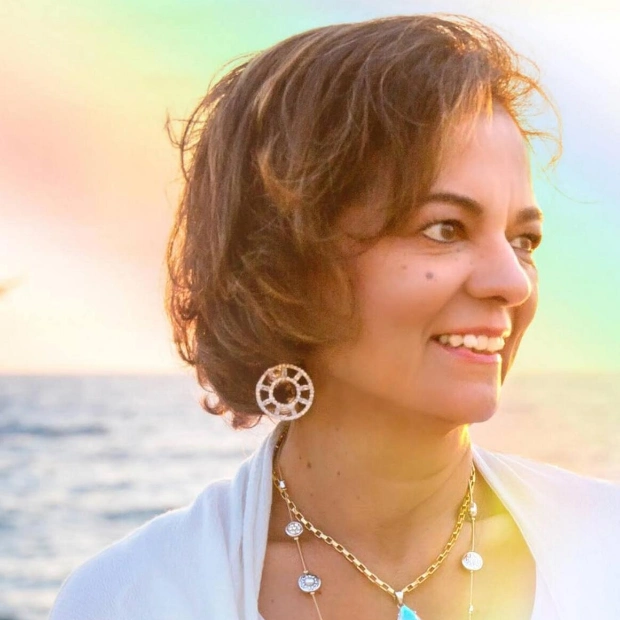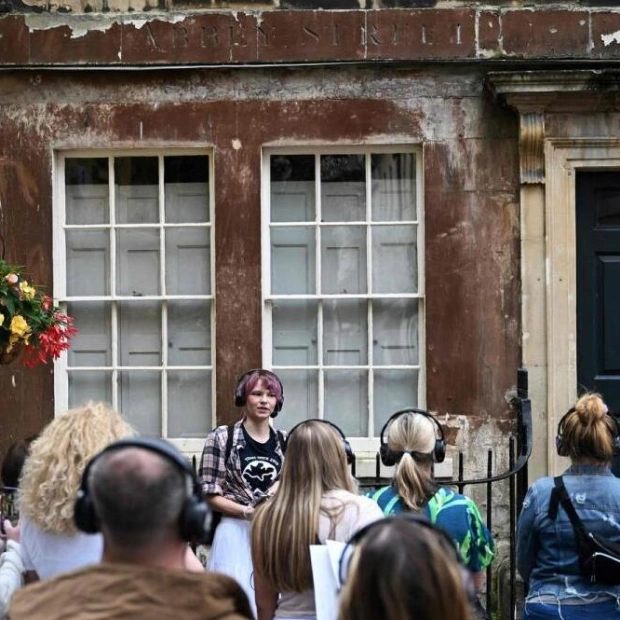Dubai is committed to establishing a world-leading, innovative education system that centers on students, preparing them with the skills necessary to lead and shape the future. This student-centric approach is integral to the Dubai Social Agenda 33, which aims to position the emirate as a global hub for living and education.
On Tuesday, Sheikh Hamdan bin Mohammed bin Rashid Al Maktoum, Crown Prince of Dubai, Deputy Prime Minister and Minister of Defence of the UAE, and Chairman of The Executive Council of Dubai, approved a comprehensive strategy to transform Dubai’s education sector by 2033. The Education Strategy 2033 is designed to revolutionize the education system, ensuring high-quality education for all. This plan aims to create a system that empowers Dubai to achieve its goals, promotes capacity building, and enhances the overall standard of education.
Sheikh Hamdan stated, “Our strategy for a world-leading education system will promote lifelong learning and equip the next generation of national leaders, rooted in Emirati values and identity, to shape the future.” He further added, “HH Sheikh Mohammed bin Rashid has always advocated for the values of quality education and dedicated zones for academic, university, and knowledge institutions. Now, Dubai is designing its next decade, and we are building an education system based on the principle of lifelong learning—a system that can adapt to change and nurture national talents. It will be a future-focused education system that involves both teachers and learners in a continuous journey of creativity and growth.”
Under the new strategy, the government has instructed the Knowledge and Human Development Authority (KHDA) to place students at the heart of the new system to equip them with skills to lead and shape the future. The Education Strategy 2033 is aligned with Dubai's 2033 Plan, as well as its social and economic agendas. It prioritizes providing world-class education from early childhood to higher levels of learning, delivered by well-renowned teachers and academic staff. With a focus on lifelong learning, it encourages active involvement from both parents and the community. The strategy aims to create a student-centred system that fosters talent, creativity, and equips learners with essential life skills to prepare them for the future. It emphasizes early career guidance, ensuring that UAE students remain highly competitive and are able to gain admission to top universities, both locally and globally.
Additionally, the strategy offers diverse educational pathways, including internationally accredited vocational institutions aimed at developing human capital in alignment with national priorities. The plan was shaped through extensive consultation with over 700 stakeholders, including educators, school principals, parents, and university leaders, across more than 50 sessions involving 290 institutions.






